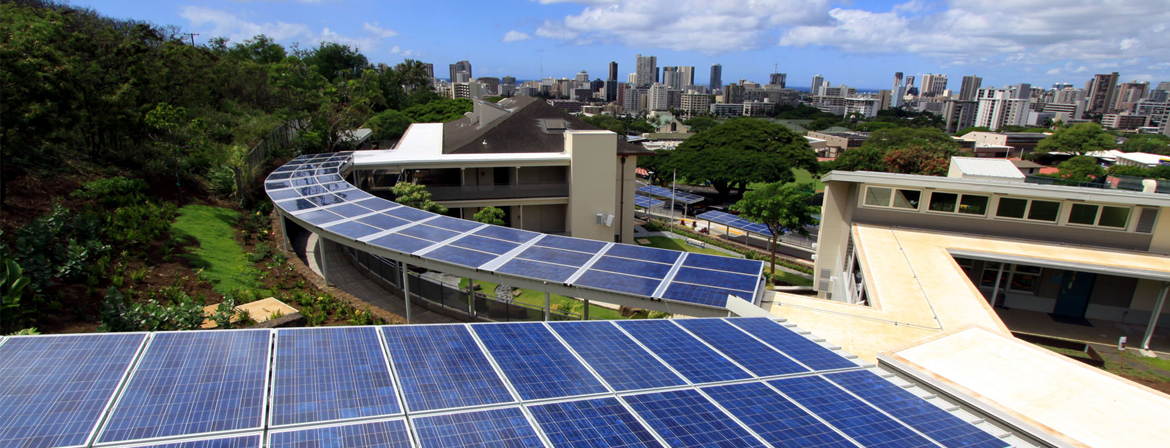The impact of vivid messages on reducing energy consumption related to hot water use.
Bailey, J. O., Bailenson, J. N., Flora, J., Armel, K. C., Voelker, D., & Reeves, B. (2015). The impact of vivid messages on reducing energy consumption related to hot water use. Environment and Behavior, 47(5), 570-592.
Household Actions Can Provide a Behavioral Wedge to Rapidly Reduce US Carbon Emissions
Dietz, T., Gardner, G.T., Gilligan, J., Stern, P.C., Vandenbergh, M.P. (2009). Household actions can provide a behavioral wedge to rapidly reduce US carbon emissions. Proceedings of the National Academy of Sciences of the United States of America, 106(44), 18452-18456.
A Behavioral Analysis of Peaking in Residential Electrical-Energy Consumers
Kohlenberg, R., Phillips, T., & Proctor, W. (1976). A behavioral analysis of peaking in residential electrical-energy consumers. Journal of Applied Behavior Analysis, 9(1), 13-18.
Motivating Residents to Conserve Energy Without Financial Incentives
McMakin, A., Malone, E., & Lundgren, R. (2002). Motivating residents to conserve energy without financial incentives. Environment and Behavior, 34(6), 848-863.
Utilizing a Social-Ecological Framework to Promote Water and Energy Conservation: A Field Experiment
Kurz, T., Donaghue, N., & Walker, I. (2005). Utilizing a social-ecological framework to promote water and energy conservation: A field experiment. Journal of Applied Social Psychology, 35(6), 1281-1300.
A Review of Intervention Studies Aimed at Household Energy Conservation
Abrahamse, W., Steg, L., Vlek, C., & Rothengatter, T. (2005). A review of intervention studies aimed at household energy conservation. Journal of Environmental Psychology, 25(3), 273-291.
Normative Social Influence is Underdetected
Nolan, J. M., Schultz, P. W., Cialdini, R. B., Goldstein, N. J., Griskevicius V. (2008). Normative Social Influence is Underdetected. Personality and Social Psychology Bulletin, 34 (7), 913-923.
The Constructive, Destructive, and Reconstructive Power of Social Norms
Schultz P. W., Nolan J. M., Cialdini R. B., Goldstein N. J., Griskevicius Vladas (2007). The Constructive, Destructive, and Reconstructive Power of Social Norms. Psychological Science, 18(5), 429-434.
The Effect of Tailored Information, Goal Setting, and Tailored Feedback on Household Energy Use, Energy-Related Behaviors, and Behavioral Antecedents
Abrahamse, W., Steg, L., Vlek, C., & Rothengatter, T. (2007). The effect of tailored information, goal setting, and tailored feedback on household energy use, energy-related behaviors, and behavioral antecedents. Journal of Environmental Psychology, 27(4), 265-276.
Putting Text in Context: The Conflict Between Pro-Ecological Messages and Anti-Ecological Descriptive Norms
Oceja, L., & Berenguer, J. (2009). Putting text in context: The conflict between pro-ecological messages and anti-ecological descriptive norms. The Spanish Journal of Psychology, 12(2), 657-666.



